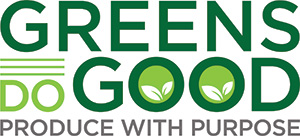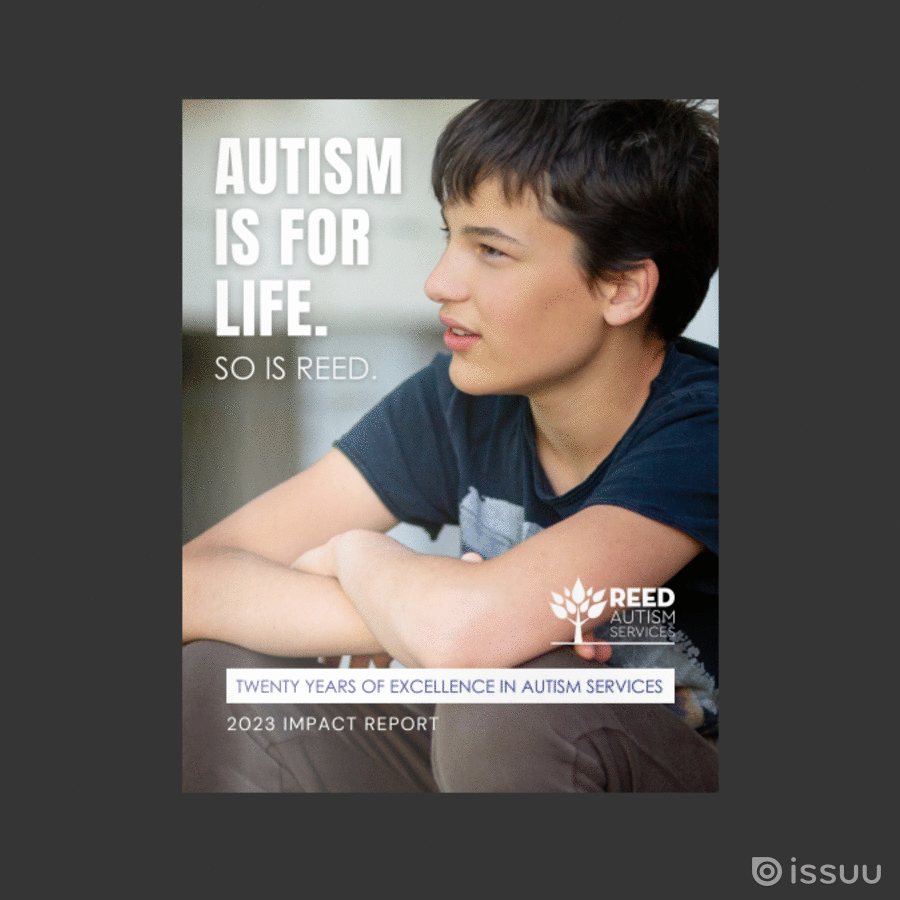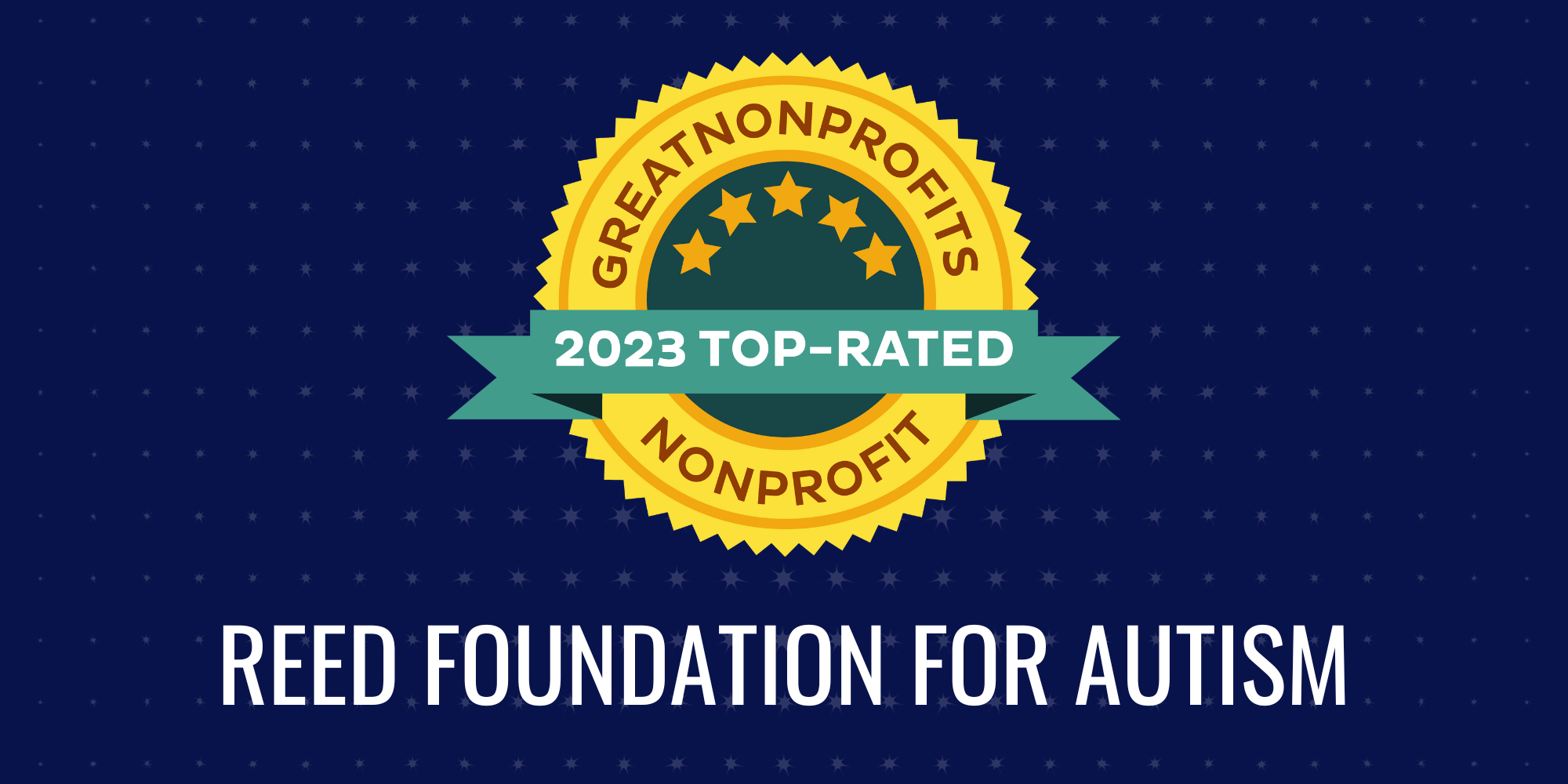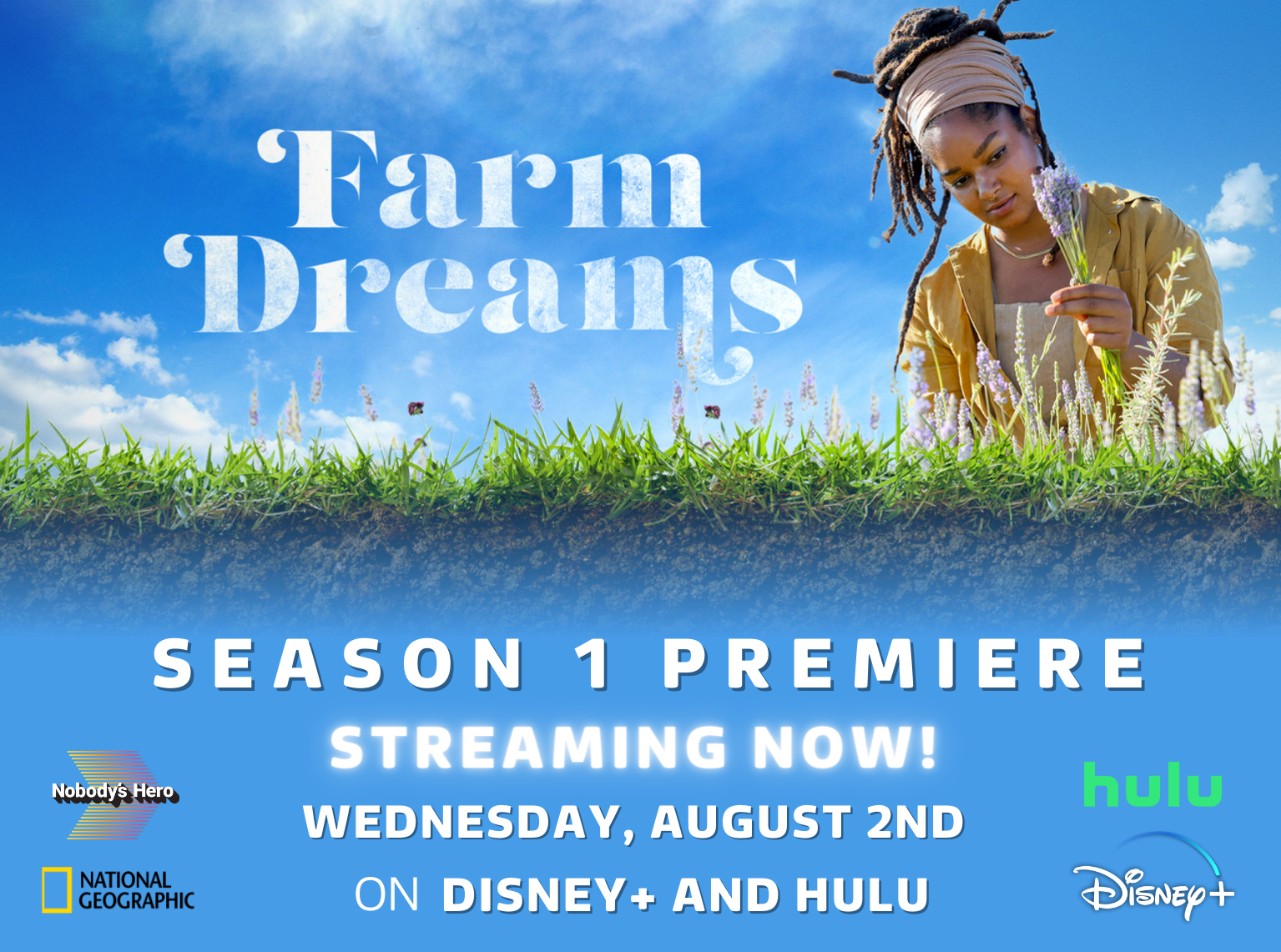Greens Do Good
News &
Updates
Greens do Good faced downtime, but community jumped in
This article originally appeared on Vertical Farm Daily.
“We noticed something was off when the HVAC started struggling with the prolonged extreme heat. The total failure at the end of June was devastating. We arrived to find the farm at 96 degrees and over 80% humidity,” says Michael Lynch, Farm Manager at Greens Do Good.
Greens Do Good is a vertical farm in Hackensack, NJ, dedicated to producing local food and providing meaningful job training and employment opportunities for individuals with autism. Through their Workforce Development Program, they provide over 1,000 hours of training to teenagers and young adults with autism each year. The breakdown resulted in numerous students unable to work at the farm, and being educated on their future goals.

The temperatures inside the farm
On top of that, the failure of the HVAC system had severe consequences on the farm’s produce. The high air temperature caused GDGs microgreens and other younger plants to dry out and wilt overnight, while the high water temperature caused irreparable damage to the roots of the more mature plants. Michael explains, “This root damage inhibited crucial nutrient uptake and resulted in a cascading loss that will continue to impact our product availability through July.”
In the wake of the HVAC failure, Greens Do Good quickly launched a fundraising effort to address the damage. “The fundraising effort began almost immediately after we assessed the extent of the damage, reaching out to donors, partners, and our online community of supporters.” And the response was overwhelming. “We are so grateful for the response we’ve received from the community. It reaffirms our belief in the power of community and the importance of the work we do.”

The result of the HVAC failure
With the HVAC system repaired, the farm is once again operational. Lynch highlights the dedication of the team during this challenging time: “Our dedicated staff worked tirelessly to salvage what they could and begin the rebuilding process. When the HVAC was brought back online and the temperature became bearable in the farm again, we welcomed our neurodiverse groups back to the farm. The students were happy to return to the farm and get back to work!”

The Greens do Good team announced a new partnership with the Hackensack Meridian School of Medicine
Looking forward, Greens Do Good is committed to continuing its mission. “With the HVAC system repaired and the farm operational again, we are working around the clock to seed, plant, and grow new crops,” Michael says. Greens do Good’s goal has been to minimize disruption to clients and ensure that they continue to receive the fresh produce they depend on. “The recovery has been arduous, but through the team’s hard work and the continued support of the community, we are eager to get back to full capacity next month.”
In the next half year, Greens Do Good is embarking on an exciting new project, partnering with Bergen Community College (BCC) on the New Jersey ‘NextGen Farm to Table Education, Employment, and Career Pathway’ project. This initiative, funded by a five-year, $4.5 million grant from the USDA, aims to create pathways to employment in the fields of food, agriculture, natural resources, and human sciences (FANH) for diverse student populations, including neurodiverse youth and adults. Greens Do Good will provide consultative services on hydroponic farming and focus on supporting neurodiverse individuals through job training and mentorship.
“We are more determined than ever to continue growing and making a positive impact in our community. While we’ve raised the funds to cover some repairs, we need more to deliver on our commitment to those we serve and assist in our rebuilding efforts,” Michael shares
Publication date: Tue 16 Jul 2024
Author: Rebekka Boekhout
Vegan Pop Eats with Angela Yvonne: It’s Dope On The Greenside
This article originally appeared on NJ PBS.
Plant-forward living is the gateway to a conscious lifestyle. By doing your part for yourself and the planet, learn how to take control of the food you eat by understanding where your food comes from. Join host Angela Yvonne in discovering the path to a healthier, well-balanced life of abundance.
Fostering Independence and Growth at Greens Do Good
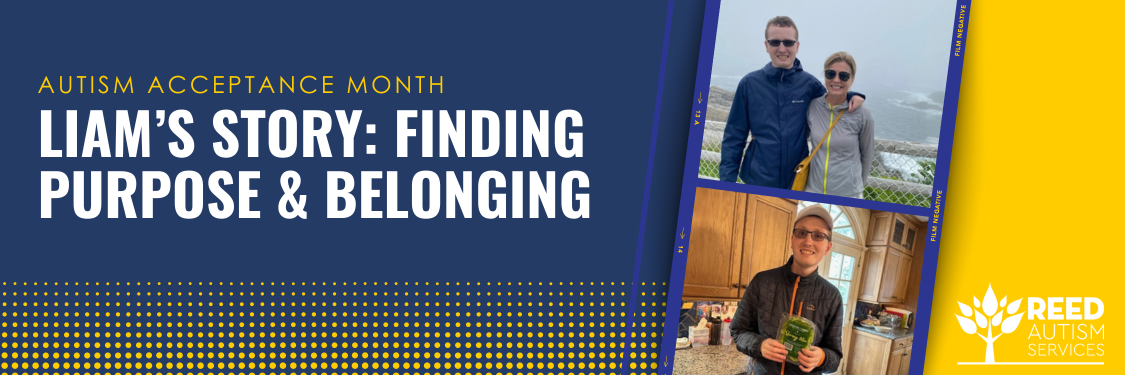
April is Autism Acceptance Month, and we’re proud to share stories of awareness, impact, and achievement. Here, we share a message from Christina Jones, whose son Liam is a Farm Tech at Greens Do Good, our hydroponic farm in Hackensack, NJ, providing meaningful job training and employment to teens and adults with autism.
–
Working at Greens Do Good has truly changed Liam’s life. It’s not just about the invaluable experience he’s gained in sustainable agriculture, but also a sense of belonging. Every day spent at the farm has given him an opportunity to hone critical social skills, while also fostering his independence and adaptability in ways we never imagined possible.
One of the most fulfilling aspects for Liam has been the pride he feels from his contributions to our family. Bringing home greens for us to enjoy reinforces the positive impact of his work. Witnessing his smile when we express our gratitude is a heartwarming reminder of how far he has come.
My greatest hope for Liam is that he continues to feel a sense of belonging and connection within our community. Loneliness can be a significant challenge for individuals on the autism spectrum, but thanks to Greens Do Good, Liam has found purpose and meaning. Supporting programs like Greens Do Good not only enhances the well-being of individuals like Liam but also contributes to building a more inclusive and compassionate society for all.
Your support can make a world of difference. Whether making a donation or simply spreading the word about the wonderful work being done at Greens Do Good, every little bit helps.
Regards,
Christina Jones
Claire Tanzer Shares Her Grandson’s Inspiring Journey at REED Academy
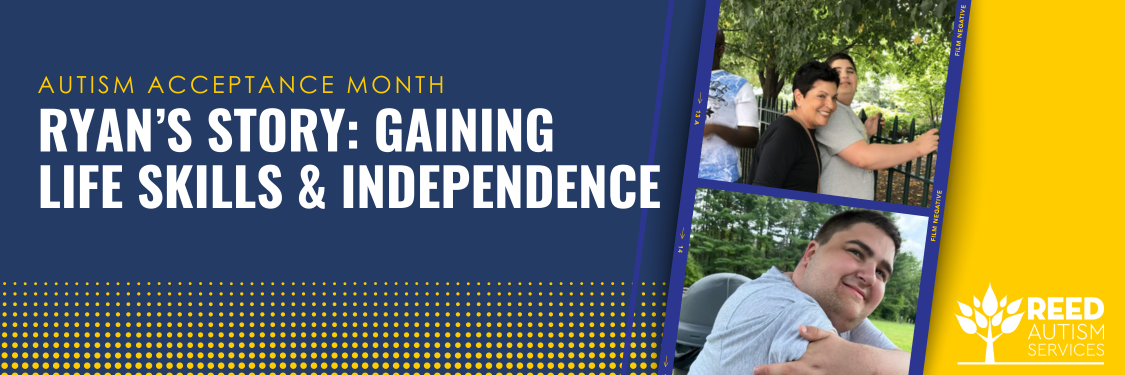
As part of our Autism Acceptance Month series, we’re sharing stories of awareness, impact, and achievement. Today, we’re honored to share a heartfelt message from Claire Tanzer, whose grandson, Ryan, attends REED Academy.
–
From the moment Ryan and his parents stepped through the doors at REED Academy 12 years ago, they were greeted with warmth and compassion. The staff’s dedication to Ryan’s well-being has been remarkable—they’ve not only taught him vital life skills but have also provided the care and support he needs to thrive.
Simple tasks we often take for granted, like brushing our teeth, have been taught to Ryan. He’s learned to shop at the grocery store and cook meals for himself. When Ryan required blood work, the staff invested significant time preparing him, creating simulations and mock exams so that he would understand what to expect.
From teachers to administrators, everyone at REED puts the students first. Their commitment to constant improvement gives me hope for Ryan’s future, yet as he approaches adulthood and ages out of school-based programming, we are aware of the challenges he’ll face. That’s why I give to REED—it’s a lifeline for families like ours, providing vital resources and services.
Thank you for considering supporting REED. Your generosity makes a real difference in the lives of individuals like Ryan and so many others like him.
Regards,
Claire Tanzer
REED AUTISM SERVICES LAUNCHES THE PATH TRANSITION PROGRAM IN PARTNERSHIP WITH FELICIAN UNIVERSITY

Two-Year Post-Secondary Program Focuses on Career Readiness, Life Skills, and Community Engagement for Successful Transition to Adulthood
REED Autism Services has announced the launch of PATH, a two-year post-secondary certificate program in partnership with Felician University. Approved by the New Jersey Department of Education, PATH, which stands for Post-Secondary Achievement Through Hands-On Learning, is designed to impart crucial career readiness and life skills for students ages 18-21.
PATH blends dynamic classroom instruction with real-world application, emphasizing four key pillars: community engagement, employment, self-determination, and household/personal management. Classroom instruction is based on the licensed Learn4Independence® curriculum.The program also includes vocational training, equipping students with the tools for meaningful employment and independent living.
Sarah David, Director, PATH explains, “The transition to adulthood can be challenging for many autistic individuals, and traditional educational models may not fully address their needs. PATH offers a supportive environment where students can develop essential skills, forge meaningful connections, and gain confidence, all while experiencing life as part of a college community.”
Chantelle Walker, CEO, REED Autism Services, adds, “The launch of this critical programming is a testament to our commitment to addressing the needs of a growing autism community. We are thrilled to partner with Felician on this important initiative. As we continue to expand our reach in the autism community, PATH will undoubtedly make a profound difference in the lives of our students.”
Held on Felician University’s Rutherford campus, students can access Felician amenities, including the dining hall, fitness center, computer lab, gaming center, and study rooms. PATH students will receive individualized academic and social support to assist them with developing self-advocacy skills and integrating into the campus community.
Dr. Mildred Mihlon, President, Felician University states, “The PATH program aligns perfectly with Felician’s mission and vision. As an inclusive university, I am excited for the start of our collaborative effort with REED Autism Services and look forward to growing our support and programming for this important community of learners.”
An Open House will be held on May 7th from 6:30 pm-7:30 pm at Felician University. Virtual Information Sessions will be held on April 29th from 4:30-5:30 pm and on May 15, 2024 from 7 – 8 pm. Register at reedautismservices.org/path, or email [email protected] to learn more.
Explore REED’s Impact Report on World Autism Day
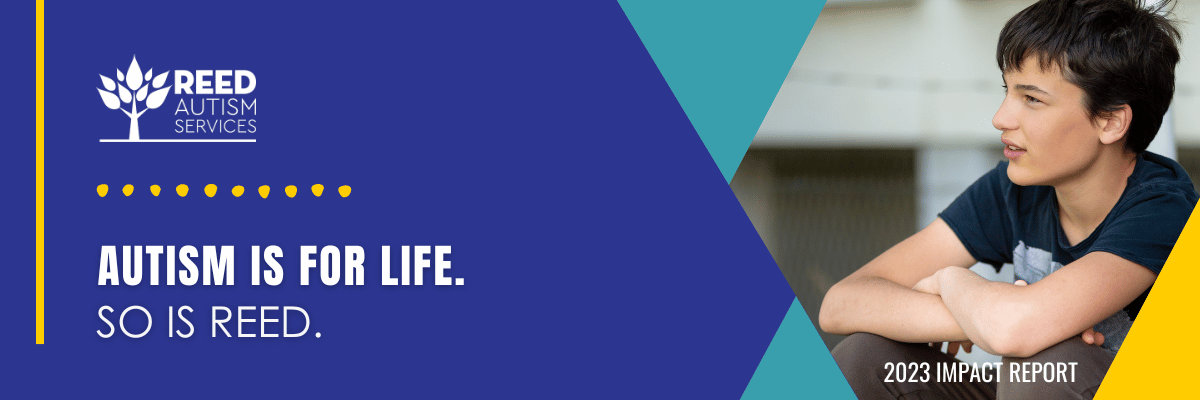
As we commemorate Autism Awareness Month, we are pleased to share the REED Autism Services 2023 Impact Report. This comprehensive document showcases the significant strides we’ve made over the past 20 years since REED was founded by five families who were desperate to find the right education for their children with autism.
Within its pages, you’ll find insights into our accomplishments, the lives we have touched, and the progress we’ve made. From innovative programs to impactful initiatives, every page reflects our unwavering commitment to serving individuals with autism and their families with excellence, compassion, and dedication.
Please consider giving to REED so we can continue our life-changing work. Thank you for your support.
Click on the graphic below to view the report.
Swing Into Action and Join Us at the 4th Annual REED Foundation for Autism Golf Classic
Registration is now open for the 4th Annual REED Foundation for Autism Golf Classic, which will be held on June 24th at the Edgewood Country Club in River Vale, NJ. Funds raised will support REED’s programs and services and the children, adults, and families we serve.
This year, we are thrilled to honor Anthony Fasano, Former 12-Year NFL Tight End, for his ongoing support of REED and the autism community. Get your golf clubs ready and join us in making a difference. Click here to sign up now or find out more about sponsorship opportunities.
Stories That Matter: Farm to Table – An Inspiring Journey to Finding Personal Growth & Professional Fulfillment
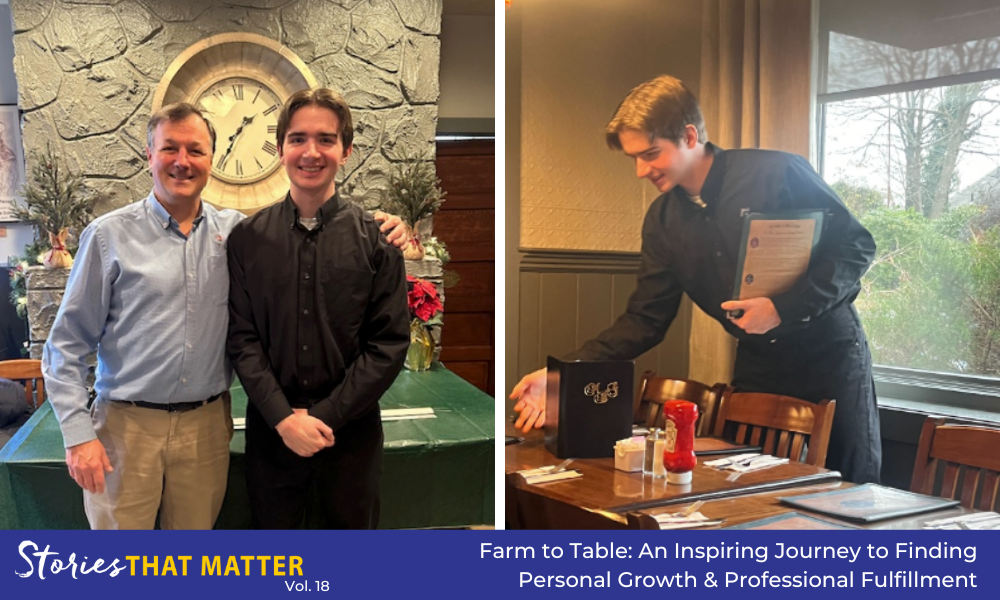
Finn Ban’s journey with Greens Do Good began in 2021 when he joined the farm through his high school transition program.
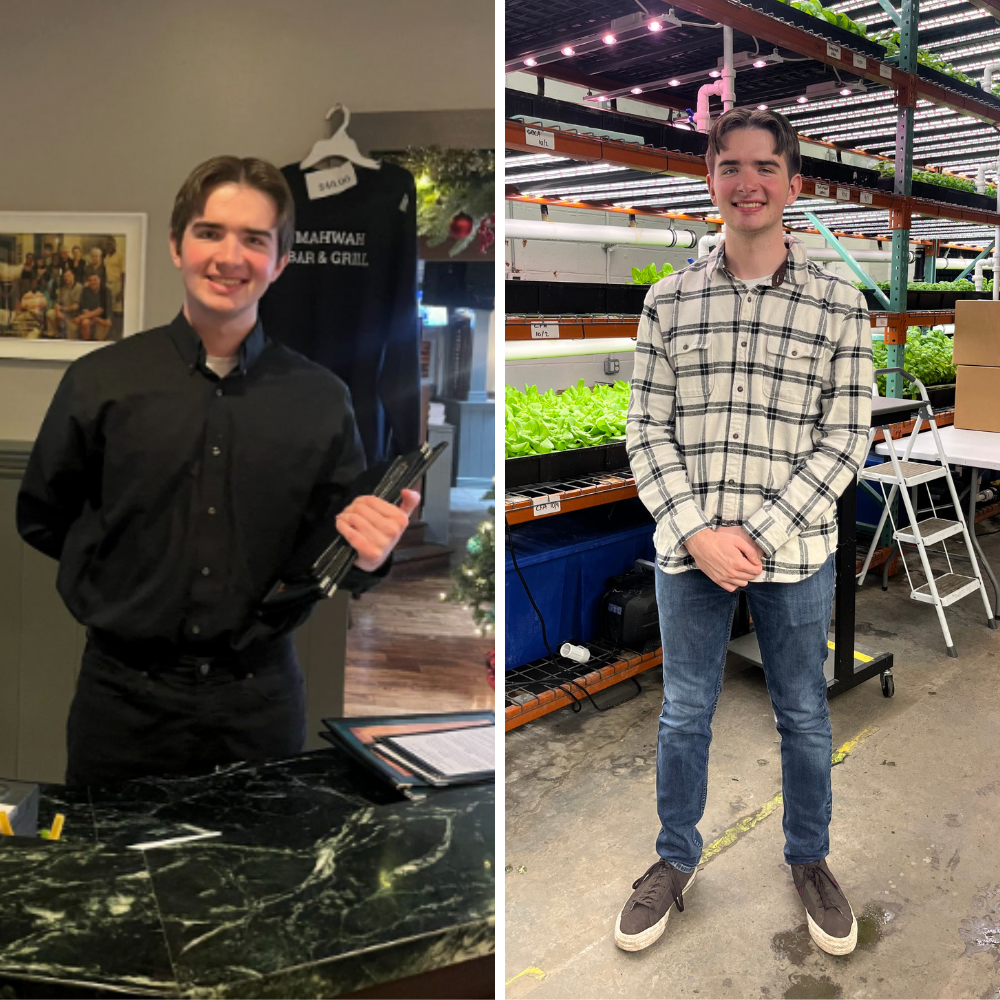 After completing the Greens Do Good Workforce Development program, his performance paved the way for him to become a paid employee. Flourishing as a Farm Tech, he then received a well-deserved promotion to Assistant Coordinator and continued to learn and contribute as a valued team member.
After completing the Greens Do Good Workforce Development program, his performance paved the way for him to become a paid employee. Flourishing as a Farm Tech, he then received a well-deserved promotion to Assistant Coordinator and continued to learn and contribute as a valued team member.
In the summer of 2023, Finn expressed his desire to explore career paths that would provide more opportunities for social skill development. “We knew just the person to turn to,” explained Greens Do Good Operations Director Jen Faust. The team reached out to Craig Kunisch, the owner of Mahwah Bar & Grill and a longstanding partner of REED. Following a thorough interview, Finn was hired as a host in September 2023 and hasn’t looked back.
“It’s a pleasure having Finn’s warm, energetic spirit at the Mahwah Bar & Grill,” said Craig. “His dedication enhances our team and makes our operations run smoothly, creating a positive experience for both staff and guests alike.” Finn added, “They let me be me at the Mahwah Bar & Grill. We’re all friends.”
While Finn has moved on from Greens Do Good, our commitment lies in empowering individuals like him to excel in their roles and prioritize personal growth and fulfillment. Finn’s story remains a testament to the valuable skills learned at Greens Do Good, which are meaningful for success in other work settings. This fall, Finn will attend a college transition program at Georgian Court University, where he will reside while completing his studies. Until then, you can find Finn greeting and seating guests three days a week at the Mahwah Bar & Grill.
REED IS NAMED A “2023 TOP-RATED NONPROFIT” BY GREAT NONPROFITS
The REED Foundation for Autism has been recognized as a “2023 Top-Rated Nonprofit” by GreatNonprofits, the leading website for community recommendations of charities and nonprofits.
The Top-Rated Nonprofit Award is based on the rating and number of reviews that REED received from volunteers, donors and aid recipients. REED CEO Chantelle Walker, stated, “We are honored to be named a 2023 Top-Rated Nonprofit. This recognition is a testament to the hard work and dedication of our team and the meaningful impact we’ve had on the lives of individuals with autism and their families.”
As one reviewer shared, “REED has been part of our son and family’s lives for twenty years. Our son started at REED Academy when he was five years old and we have been supported by REED’s extraordinary clinical staff every step of the way. REED helped our son navigate and overcome numerous challenges as well as shared in his joys and opportunities, such as his first volunteer jobs, successful medical and dental appointments, community outings, using an iPad, going on an airplane!…the list goes on and on. Without REED, none of this would have been possible. “
REED is a great example of a nonprofit making a real difference in their community,” said Perla Ni, CEO of GreatNonprofits, “Their award is well-deserved recognition not only of their work, but the tremendous support they receive, as shown by the many outstanding reviews they have received from people who have direct experience with REED.”
The GreatNonprofits Top-Rated Awards are the only awards for nonprofits determined by those who have direct experience with the charities – as donors, volunteers and recipients of aid.
Click here to read some inspiring stories and share your own.
Greens Do Good Featured in Nat Geo Wild’s “Farm Dreams”
This six-part documentary follows the journey of farming expert Indy Officinalis as she connects farmers with industry experts to help maximize their potential. “This is a feel-good show about turning farm dreams into reality, and showcasing the unique ways we grow our food—from kelp farms in Alaska to hydroponic tower farms in New Jersey,” explains Indy. “By watching this show, you’ll be inspired by the dedicated hands and hearts that nurture our produce.”
The series is now streaming on Disney+ and @hulu. Don’t miss out on the Greens Do Good “Towers of Power” episode.
